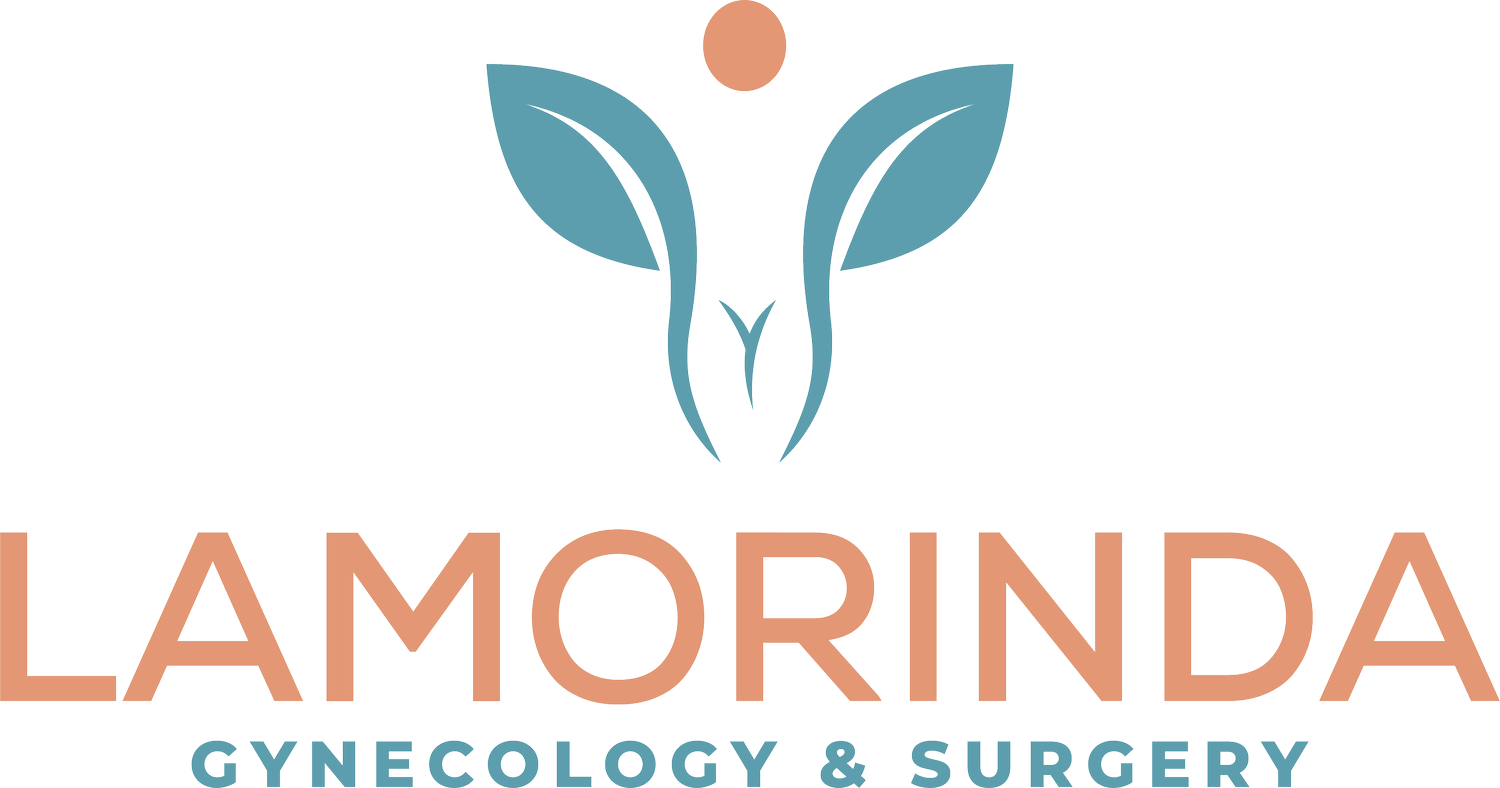Let's Talk About Migraine Headaches - Part - 1
In general, Headaches are a really common thing that are experienced by both men and women. Women are affected at higher rates however. The most common type of headache that we experience are tension headaches. These are headaches that come like a band over our forehead, sometimes our shoulders, our neck. When we're really stressed, we tend to tighten up our shoulders, our jaws. So these are headaches that are experienced on both sides. You can take Motrin and Tylenol for it and this type of headache typically goes away within a few hours.
There are other types of headaches, but for the purpose of this video, let's focus on migraines.
Migraines present like a pulsating pain, a very sharp pain, and they're usually one sided. They can occur right over the eye or at the back of the head. They can be pretty debilitating. A lot of times when people experience a migraine, they just have to stop what they're doing. They have to call out from work, they need to go home, just lay in a dark room, turn off all the lights, no music, no sound, put an ice pack over their head. There are many triggers for migraines as well. Sometimes it's stress, sometimes it's wine, sometimes it's chocolate.
As a gynecologist, I see that a lot of women also experience menstrual migraines. So right before they get their period, there's an acute drop of estrogen and that can trigger a migraine.
So it's really important to pay attention to what types of triggers are causing these migraines. Sometimes these headaches last for a few days, a few hours, and sometimes it's a few days. It can go on for up to three or four days. So that's a loss of productivity, quality of life. So if you're somebody who is suffering from these types of headaches and migraines, keep a track of when you're getting them, what are some of the triggers so you can manage these better.
There are great medications out there right now, things that you can take immediately to help with the pain right then and there. Or if you're somebody who's getting a lot of these headaches, you can take medications that you are having to take on a more regular basis to help prevent these headaches. So make sure you're talking to your doctor about migraines so you don't suffer from them, and that you can actually have a better quality of life. In the next video, we're going to talk about migraines and hormone therapy.
As a gynecologist, I'm often prescribing birth control pills or menopause hormone therapy, and I always ask women about their migraine history.
If you are in California and you are looking for an expert gynecologist, come and see me!
I'm in Lafayette, CA and my number is 925-74-7473 , and I'll be happy to see you for a consultation.
You can set up a coaching session with me, email: thefibroiddoc@gmail.com , and we can set up a time and go over all your questions.
For more educational videos like this, visit TheFibroidDoc’s YouTube channel.
